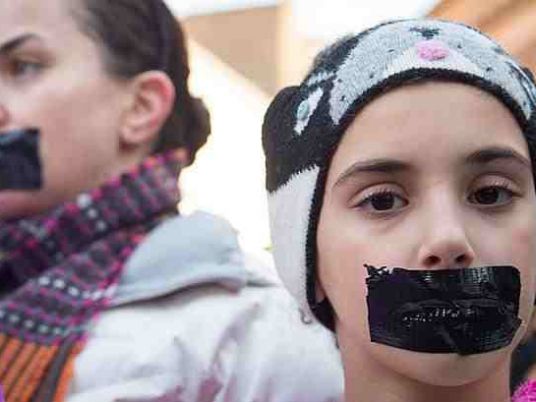Guantanamo Bay, Cuba–Omar Khadr, a Canadian captured at age 15 by US troops in Afghanistan, goes on trial Tuesday at the US naval base in Guantanamo in the first test for President Barack Obama's military commissions.
Khadr, now 23 and the last Westerner at the US base in Cuba, is accused of throwing a grenade that killed a US soldier. He also is alleged to have been trained by al-Qaeda and joined a network organized by Osama bin Laden to make bombs.
The case is the first to go to trial under the system of military commissions ordered by Obama for detainees captured by US forces in a global campaign following the September 11, 2001 attacks on the United States.
Obama had sought to close the detention center that has been the object of international condemnation, but has faced congressional opposition on transferring the detainees to US soil.
The case of Khadr, who has spent a third of his life in Guantanamo, comes under the general heading of "war crimes" and poses some unique legal and political challenges, say legal experts.
"This case is unusual because of course the accused was so young at the time of the events," says Benjamin Wittes, a legal scholar at the Brookings Institution in Washington. "That raises a lot of anxiety both domestically and internationally."
Wittes said however that the trial will be a key test of the military commissions that two administrations have been trying to implement over the past nine years.
But because of Khadr's age and circumstances, Wittes said, "I am sure that the administration would have rather the (first case) be a different one."
Severely wounded in the battle that led to his arrest, Khadr has lost the use of his left eye. He says he was mistreated during interrogations that followed his arrest during which he made statements.
The military judge presiding over the trial, Patrick Parrish, has not yet said if he considered the challenged statements admissible.
Eugene Fidell, professor of military law at Yale University, said other questions will be raised by the Khadr case.
"Is he a child or is he not a child? Is it proper under international law to prosecute a child soldier?" he said.
If military prosecutors cannot prove the case, Fidell said, "I have to assume he would be sent home."
In Canada, Prime Minister Stephen Harper's government has not requested the return of Khadr, preferred to allow the US trial to run its course.
Khadr, who has fired his American defense lawyers and refused a plea deal, is facing the possibility of life in prison. But one US defense lawyer will be required to be present at the trial for him.
In a letter to his Canadian lawyer, Dennis Edney, published in newspapers in Canada and the United States, Khadr said the trial may show the world how unfair the process is.
"The world doesn't get it, so it might work if the world sees the US sentencing a child to life in prison, it might show the world how unfair and sham this process is," he said.
Khadr is facing the possibility of life in prison if convicted.
Since 2001, four men have been convicted of terrorism-related charges in Guantanamo military trials, two of whom pleaded guilty, while US federal courts have sentenced some 200 extremists over the same period.
The first, so-called "Australian Taliban" David Hicks, pleaded guilty in May 2007 to material support for terrorism in exchange for a reduced sentence of nine months in prison to be served in his native Australia.




